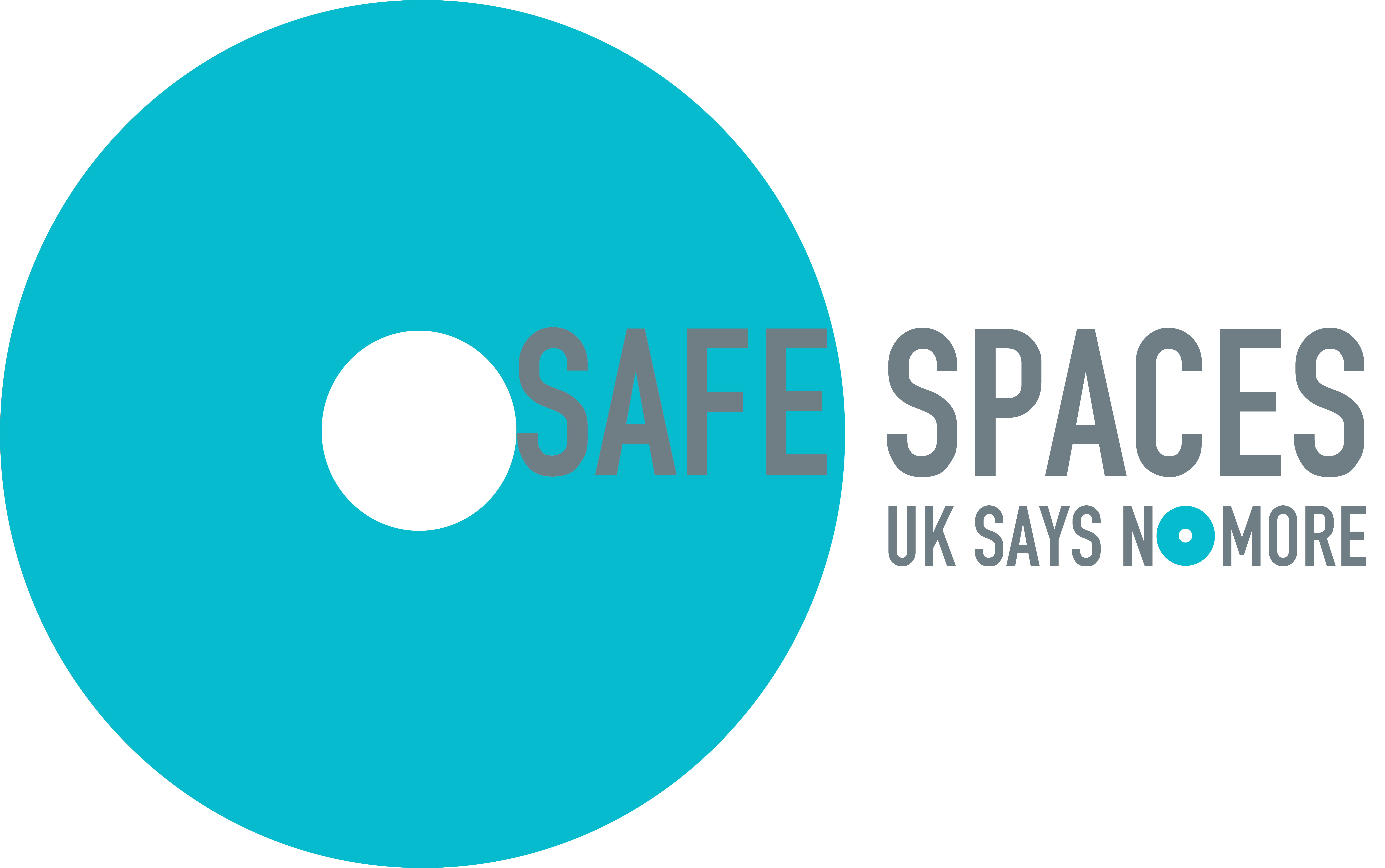Taking on ASB: Tackling noise nuisance on our estates
10 October 2022
There are different forms of anti-social behaviour (ASB)and noise nuisance is one of them. In this ‘Taking on ASB’ feature, we look at how noise nuisance can have an impact on residents and the complicated situations we sometimes face when resolving them.
Everyone has a different tolerance level when it comes to noise. Sometimes people are not aware of the noise they’re making or the impact it has on their neighbours. It’s likely you will hear your neighbours at some point whether it’s from general living sounds such as walking around their home or using a vacuum cleaner, playing music, people talking, children playing, etc, but it’s when it becomes consistent, excessive noise at unsuitable hours that it can create an uncomfortable living environment for you.
We receive reports of noise nuisance from residents that we investigate. A crucial part of our investigation is reviewing the evidence we receive. This can take time to gather as we need at least two weeks’ worth of evidence. The steps we take to resolve anti-social behaviour varies depending on the type of incidents that occur. If you’re experiencing excessive noise nuisance, please check out our ASB toolkit on our website where you can find out what you can do depending on the type of noise nuisance.
Recent noise nuisance eviction
We’ve recently completed an eviction on a resident who was subjecting their neighbours to excessive noise nuisance which led on to other forms of anti-social behaviour. It became a complicated situation with external influences which impacted the length of time it took us to resolve the situation.
In 2018, we rented a property to a new tenant who became the subject of an ASB investigation. Soon after they moved into the home, we received complaints from their neighbours within the building and surrounding properties of noise nuisance coming from their property. To address this issue, we contacted the resident to make them aware of the complaints we had received about the noise which the resident denied was taking place.
We gave the complainants diary log sheets to record incidences and over the period of several months, the complaints from residents increased. The complaints also became more serious as they included threats made by the tenant to their neighbours. At this stage, we took the step to issue the resident with a warning letter, which is an important action we need to take as a response from us, as their landlord, giving the tenant the opportunity to change their action.
In this situation, the warning letter from us had no impact and we continued to receive complaints about the tenant. In early 2019, the type of ASB reported to us changed from noise nuisance to harassment of a neighbour. We take the safety of residents seriously and decided to serve the tenant with A Notice of Seeking Possession. This is a notice that gives a resident notice of our intention to repossess their property if they continue with such ASB.
The Notice of Seeking Possession was unsuccessful as the tenant continued causing ASB. Due to the seriousness of the ASB, we applied to the courts for possession of the property, which is a process we must follow if we want to remove a tenant from a property we rent. We continued to receive complaints about the tenant while we waited for a court date.
External factors then delayed the eviction process. In March 2020, the country went into lockdown due to the pandemic, which meant that no court date would be scheduled, and we were not able to evict any tenants. As the ASB and harassment complaints increased, we were unable to do anything about it due to the Covid-19 restrictions that were put in place. We had to advise residents to contact the police who attended the property on numerous occasions but were also powerless to act because no crime had been committed.
We did not receive a court date until the middle of 2021, when the lockdown restrictions were ending. The time it takes the court to make decisions can vary. In this instance, neighbours wanted to remain anonymous, and the tenant denied the allegations that were made against them. This resulted in a longer court process and the need for a new court date to gather and review evidence. By the second court hearing, we were able to get witnesses to support our eviction case against the tenant resulting in the Judge granting us possession of the property.
We then experienced further delays with evicting the tenant as they appealed the decision which meant we had to return to court for the Judge to hear the appeal. This was frustrating for residents. As the landlord, we must follow the law which meant we could not evict the tenant unless the judge decided for us to do so at the appeal.
At the appeal, the Judge granted us possession of the property and the tenant had 14 days to leave. As the tenant did not leave, we had to apply for a bailiff warrant and police assistance to remove the tenant from the property which again created delays. In July this year, the tenant was finally evicted from the property and the neighbours are now living a peaceful life in their homes.
In all cases of anti-social behaviour where it’s reached a stage that we have no choice but to evict a tenant, we aim to do this as quickly as possible. However, we do have to follow the legal process to evict a tenant, and this is where we sometimes experience delays which are out of our control.
What to do if you’re experiencing anti-social behaviour (ASB)
If you’re experiencing anti-social behaviour, you can find out what to do using our ASB toolkit on our website. The toolkit has details about the different types of ASB that occur and what to do depending on the incident.

